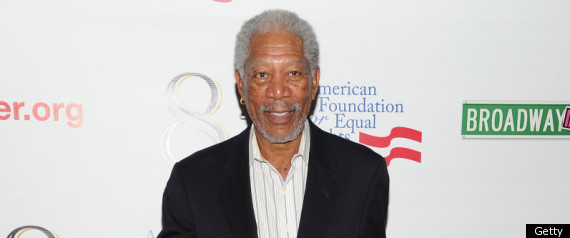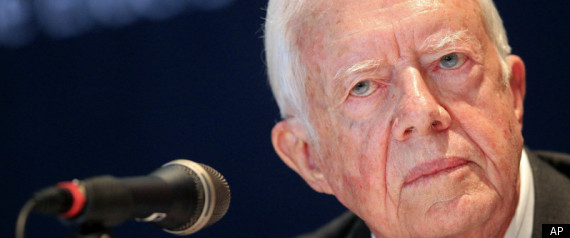
Rick Perry is the GOP equivalent of a San Francisco Democrat. He has flourished where the opposition isn’t a factor.
AUSTIN, Texas—The Lone Star State this summer has been scorched by record heat and drought and seared by horrific wildfires. The National Weather Service recently reported that Texas in 2011 recorded the hottest summer for any state in the history of federal records. Hand-lettered signs tacked to utility poles read simply: pray for rain.This extreme weather has disrupted almost every aspect of Texas life. But one thing it hasn’t done is prompt sustained discussion about whether the state could be suffering from the effects of global climate change—a theory that Republican Gov. Rick Perry dismisses as unproven and partly the invention of scientists scheming for research grants.
That resounding silence is a reminder that Perry presides over a state that has tilted so solidly Republican for 15 years that he has not faced significant political opposition from Democrats, or the groups usually allied with them, at almost any point in his governorship. Perry’s approach to political leadership—from his unbending positions on most issues to his frequently barbed rhetoric—carries the unmistakable stamp of his experience as the leader of the dominant faction in a one-party state. He is the Republican equivalent of a San Francisco Democrat, a politician molded by unshielded exposure to his party’s brightest flame. That pedigree helps explain some of his greatest strengths—and potential vulnerabilities—in the 2012 presidential race.





















